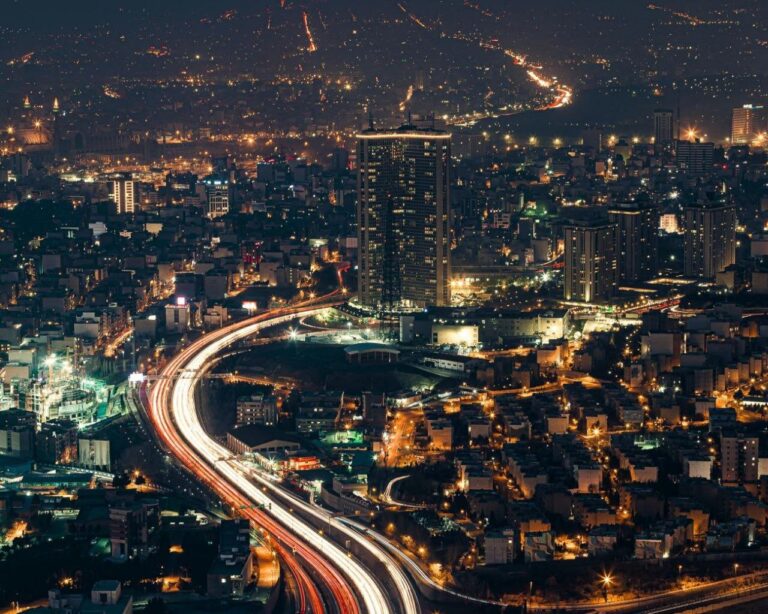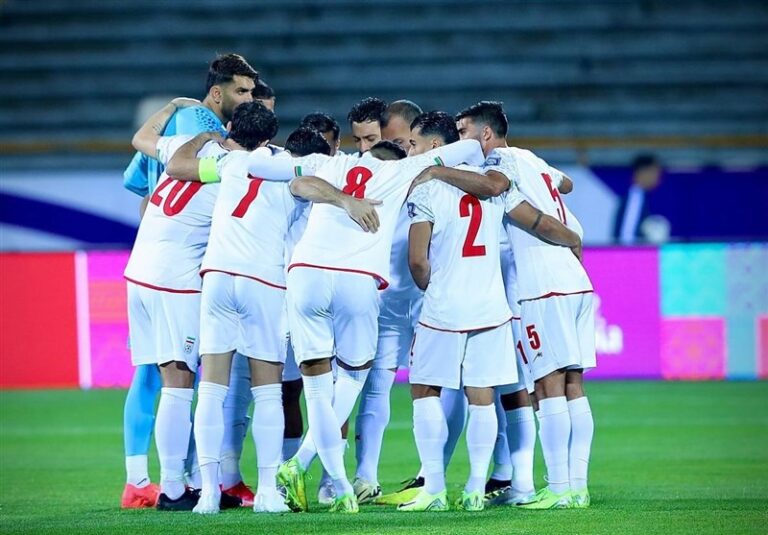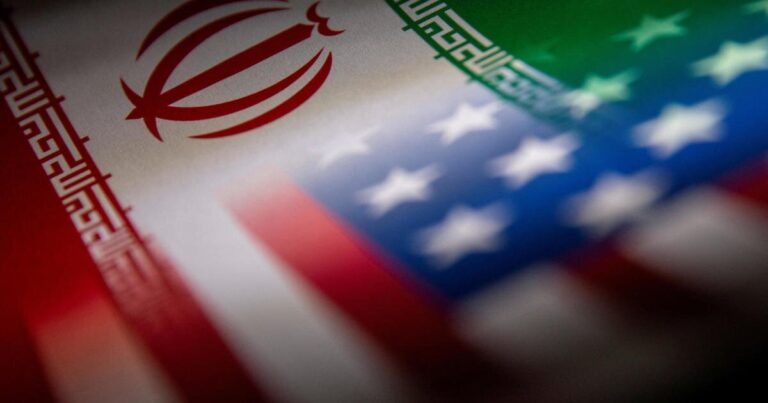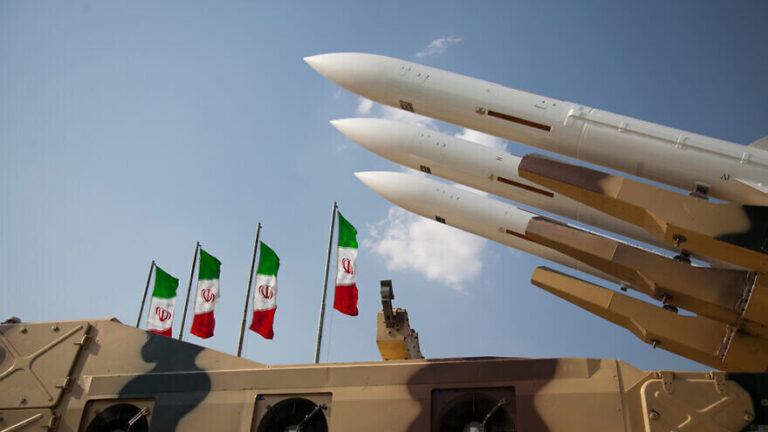Iran Confirms Media Ban on Port Blast Coverage Amid Growing Threat of Prosecution
The Iranian government has implemented a media ban on coverage surrounding the devastating explosion at Rajaei port in Bandar Abbas, where a tragic toll of at least 70 lives has been lost and over 1,000 individuals injured. This controversial decision, confirmed by the judiciary, has raised significant concerns among journalists and the public alike. The primary keyword in this context is “media ban,” which has become a focal point in discussions about transparency and freedom of press in Iran.
In a recent statement, Fatemeh Mohajerani, the spokeswoman for the Iranian government, emphasized that the ban is intended to “maintain a single voice across state institutions.” She clarified that this directive should not be viewed as a news blackout but rather as a necessary measure to “manage the issue properly.” Mohajerani insisted, “The government is not interested in withholding information from the people.” However, she also reported that provincial authorities have been instructed not to disclose any information regarding the explosion’s cause until further notice.
According to reports from Iran International, journalists and media outlets have received explicit warnings against covering the incident. There have also been observations of an increased security presence in Bandar Abbas, raising alarm about the implications for press freedom.
- Judiciary spokesman Asghar Jahangir confirmed that legal actions have been initiated against several media figures for their coverage of the blast.
- Warnings have been issued to individuals utilizing social media platforms to share information related to the explosion.
- The judiciary’s official news agency, Mizan, stated that those who violate the media ban could face prosecution for “spreading illegal news.”
“An incident of this scale, with such casualties, demands precise and documented investigation,” Jahangir stated, emphasizing the need for thorough scrutiny. He further mentioned, “We are waiting for the results to be finalized and announced.” This statement underscores the government’s position on managing the narrative surrounding the explosion.
On Tuesday, a report from The Guardian included comments from a Tehran-based journalist who spoke on the condition of anonymity. This reporter revealed, “Not only were we warned against ground reporting, we were also banned effectively from sharing reports on social media.” Such restrictions have raised questions about transparency and the government’s accountability in the aftermath of this tragedy.
“In the face of a tragedy such as this, what is there to hide? Either the death toll is way more than 70, or they are suppressing the real cause of the explosion,” the journalist lamented. Furthermore, the fear of legal repercussions has led newsrooms to adopt a self-regulatory approach, compromising their ability to report freely.
Despite the widespread impact of the explosion, the health ministry has not released any official casualty figures, with directives issued to its subsidiaries to withhold all related information. In an independent report from an anonymous worker at the port, it was cited that 29 deaths occurred in just one office, highlighting the possibility that the actual toll is significantly higher than reported.
The implications of this media ban are profound, as it not only affects the flow of information but also raises concerns about the broader issues of press freedom and government transparency in Iran. Observers and human rights advocates are increasingly calling for more accountability in how the government handles such critical incidents.
As the situation develops, it is crucial for international organizations and media outlets to monitor the actions of the Iranian government closely. The ban on media coverage serves as a stark reminder of the ongoing struggles for freedom of expression in the region.
In conclusion, the Iranian government’s media ban on the explosion at Rajaei port represents a significant challenge to journalistic integrity and public access to information. As the nation mourns the loss of life and seeks answers, the need for transparent communication remains paramount.
For those seeking further updates on this evolving story, it is advisable to stay tuned to reliable news sources and advocate for the rights of journalists in Iran.





